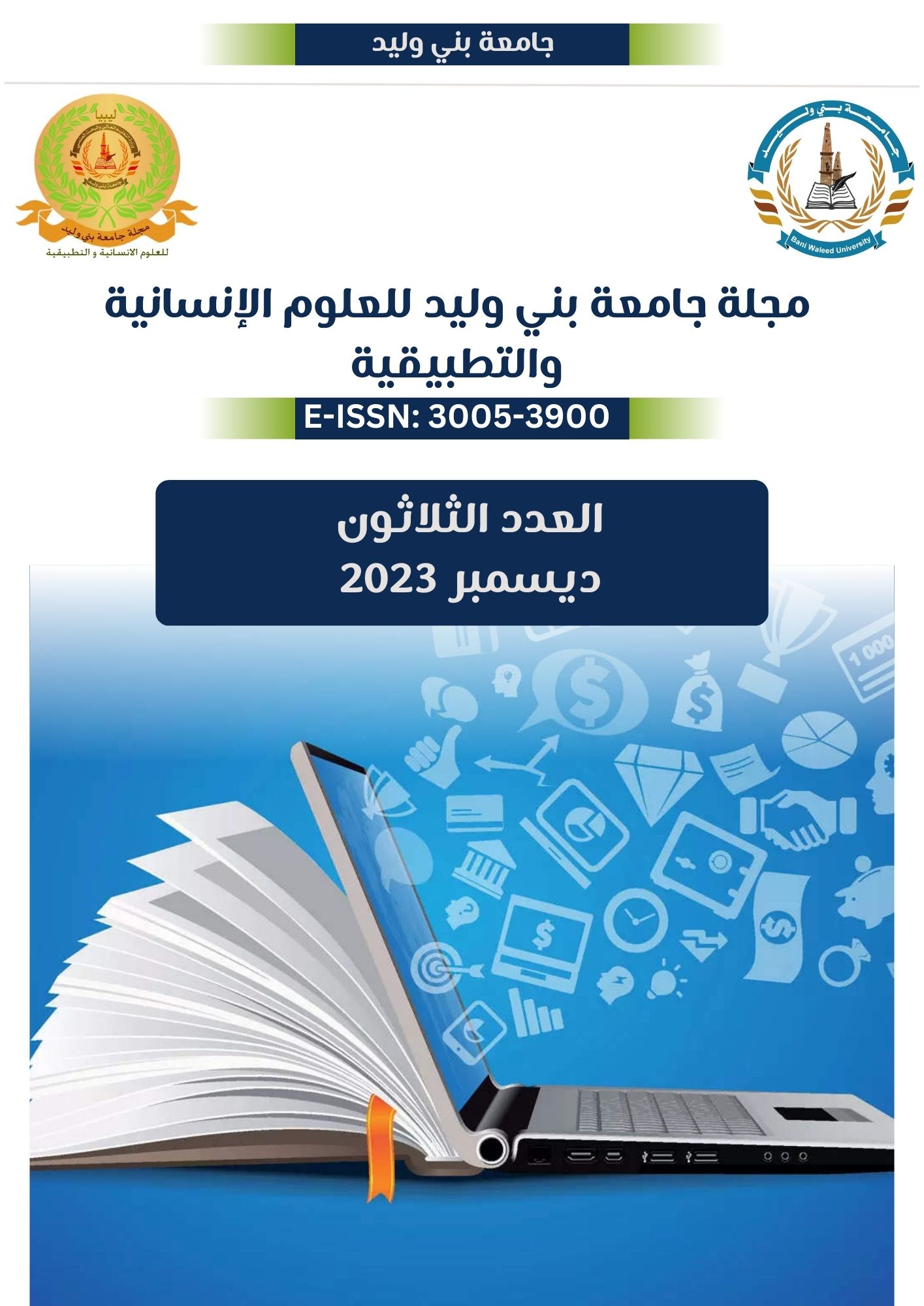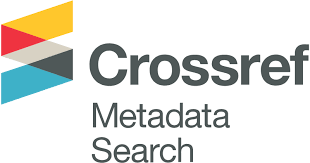Participatory Approach in Teaching Reading Comprehension
DOI:
https://doi.org/10.58916/jhas.v8i5.64الكلمات المفتاحية:
(Participatory learning Approach) - Reading Comprehension .PTA(participatory Teaching Approach),EFL( English as forgien language) .teaching Reading Comprehension.الملخص
English language became one of the most powerful languages in the world and one of the most commonly spoken languages, and the majority of global communities utilized it as a communication tool. To acquire these language learners should start with four skills: speaking, reading, writing, and listening.
Reading is one of the greatest and most thorough methods to learn science and other fields. The researchers began investigating all potential alternatives in an effort to enhance reading comprehension, raise student engagement, and assist students in developing their reading comprehension abilities. They also looked at how reading content impacts understanding in order to improve comprehension and make reading more applicable to daily life. The goal of the study was to ascertain the impact of interactive reading on the development of reading comprehension and to create a framework that would aid students in conceptualizing the participatory approach to teach reading comprehension, which is based on participatory learning theory (PLA). This framework took the form of a collaborative teaching and learning strategy that included a forum, insight, interaction, and task.
This paper studied a method of teaching -Participatory Teaching Approach- and apply it on teaching reading comprehension which is a part of the four skills. Based on participatory language teaching, the content of the material goes back to social contexts involving not only sociopolitical issues, but also students’ academic and personal goals.
The study was conducted at middle -school in Tobruk. The sample consisted of (36) students, divided into two groups, with (18) students for each group, and the theory was applied into one of the two groups. Based on the questionnaire for both students and teachers and the results of the statistical analysis of the questionnaire. The result shows that; there are no statistically significant differences between the use of participatory learning in teaching reading comprehension and the achievement of the educational level of middle-school students in this school. Students in both groups have positive attitude towards the use of the traditional way and the PLA.
And the explanation for that are both ways are effective in improving reading comprehension skill for middle-class students.
التنزيلات
المراجع
Abrami, P. C., Chambers, B., Poulsen, C., De Simone, C., d’Apollonia, S., & Howden, J. (1995). Classroom connections: Understanding and using cooperative learning. Toronto: Harcourt Brace.
Alsofyani, A. H. (2019). Examining EFL learners’ reading comprehension: The impact of metacognitive strategies discussion and collaborative learning within multimedia e book dialogic environments (Dissertations, University of South Florida University of South Florida).
Amato, Richard and Patricia, (2010) Making it happen, from interactive to participatory language teaching; Evoling Theory and Practice.
Asiri, A. A. (2022). The Effectiveness of the Participatory Reading Strategy in Teaching Language Skills to Develop Reading Comprehension Skills. Journal of Arts and Humanities, 11(09).
Baloche, L. & Brody, C. M. (2017). Cooperative learning: Exploring challenges, crafting innovations. Journal of Education for Teaching, 43(3), 274-283. https://doi.org/10.1080/02607476.2017.1319513
Bruffee, K. (1999). Collaborative learning. Baltimore: Johns Hopkins University Press. P 137.
Cobb, P. (1994). Where is the mind? Constructivist and sociocultural perspectives on mathematical development Educational Researcher, 23, 13-19.
Dalle, M. B., & Setiadi, M. A. (2018). The Use of Participation Point System in Teaching the English Speaking Skill at The VII Grade of SMPN 4 BARAKA ENREKANG REGENCY (A Classroom Action Research). Jurnal Keguruan dan Ilmu Pendidikan (JKIP), 5(1), 81-94.
Ghaith, G. M. (2018). Teacher perceptions of the challenges of implementing concrete and conceptual cooperative learning. Issues in Educational Research, 28(2), 385–404.
Greeno, J.G. (1998). The stativity of knowing, learning, and research. American Psychologist, 53, 1, 5-26.
Jacobs, G.M. (1997). Cooperative learning or just grouping students: The difference makes a difference, Paper presented at the RELC Seminar, Singapore.
Johnson, D. and Johnson, R, (1994). Cooperative learning, Edina, M.N., Interaction Book Company.
Johnson, D. W., & Johnson, R. T. (1986). Cooperation in the classroom. New Brighton, MN: Interaction Book Company.
Kindon, S., Pain, R., & Kesby, M. (Eds.). (2007). Participatory action research approaches and methods: Connecting people, participation and place.
May, M. and Doob, L. (1937). Cooperation and competition. New York: Social Sciences Research Council.
Neda Fatehi Rad1, Rahman Sahragard2, Seyed Ayatollah Razmjoo3, Alireza Ahmadi 4. Volume 1, Number 2, September (2017). Participatory Approach from both Teachers and EFL Learners’ perspective. (Interdisciplinary Journal of Education) Available online at: http://www.iase-idje.ir/.
Pain, R, G. Whitman and D. mil edge, 2011. Participatory action research toolkit: An introduction to using PAR as an approach to learning, research, and action. Available from https. http://www.dur.ac.uk/resources/beacon/PARtoolkit.pdf.
Ross, J., & Smythe, E. (1995). Differentiating cooperative learning to meet the needs of gifted learners: A case for transformational leadership. Journal for the Education of the Gifted, 19, 63-82.
Rymes, B. (1997). Second Language Socialization: A new approach to second language acquisition research. Journal of Intensive English Studies 11 143-155.
Sharan, S. (2010). Cooperative Learning. Asia Pacific Journal of Education, 22, (1). 95-105.
Slavin, R. E. (1989). Research on cooperative learning: An international perspective. Scandinavian Journal of Educational Research, 33(4), 231-243.
Torres, C. A., & Morrow, R. A. (1998). Paulo Freire, Jürgen Habermas, and critical pedagogy: Implications for comparative education. Critical Studies in Education, 39(2), 1-20.
Totten, S., Sills, T., Digby, A., & Russ, P. (1991). Cooperative learning: A guide to research. New York: Garland.














